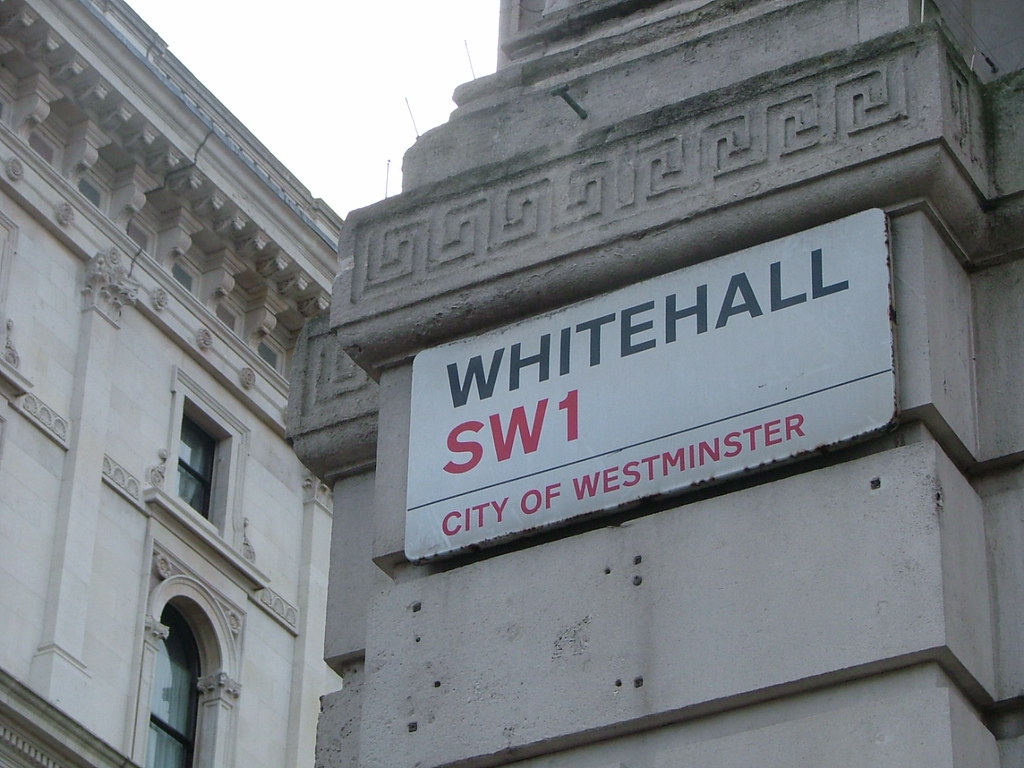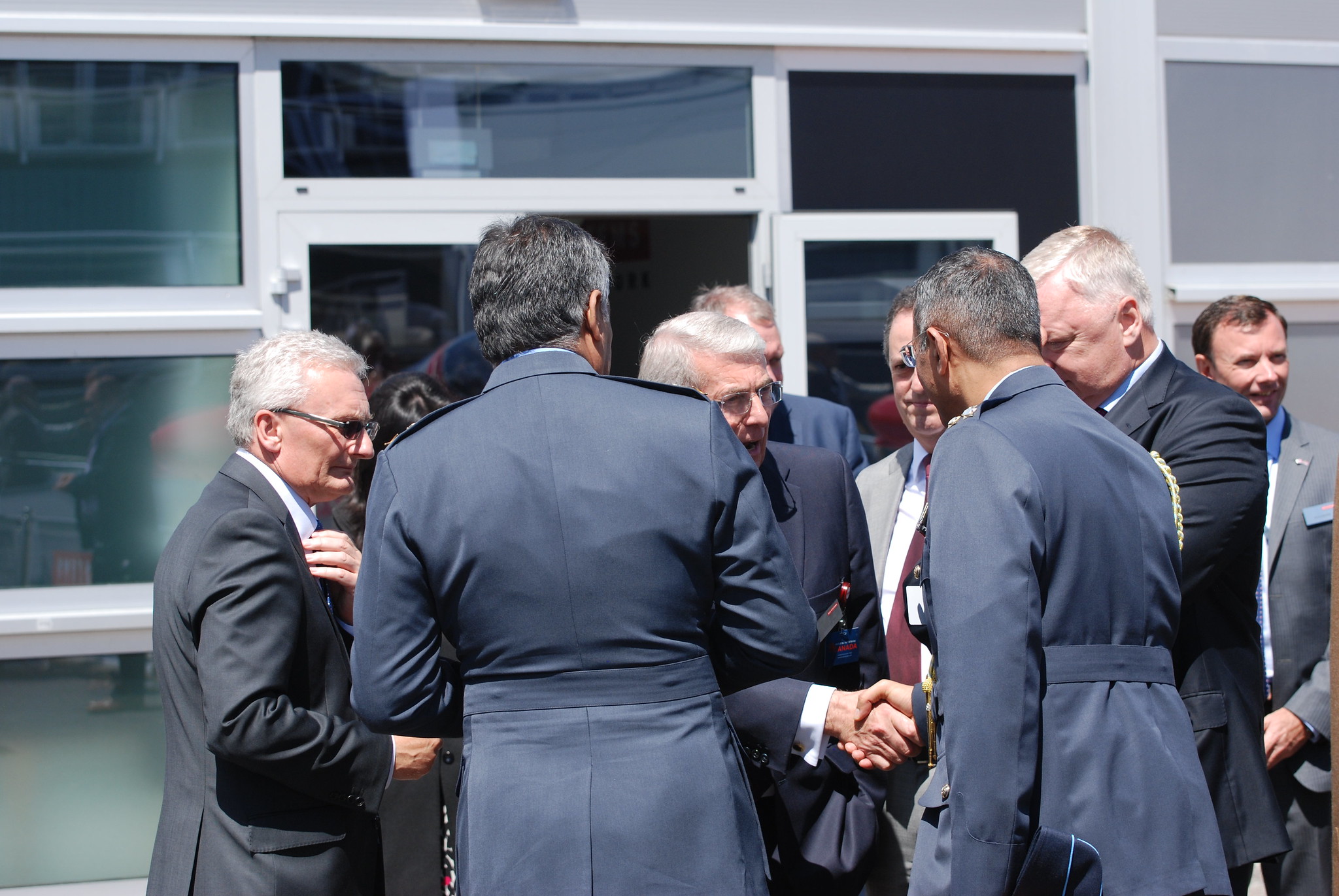How government-corporate collusion drives arms exports
The government continues to offer a programme of political and financial support to UK-based arms exporting companies at levels disproportionate to those received by civil industry. Those questioning this support are directed towards the wider gains that are said to accrue from involvement in the international
arms market, i.e. economic, strategic, and peace and security benefits. Yet these rationales lack credibility to such an extent that other explanations are required.
However, there are a number of alternative explanations for the government’s support of arms exports. These range from the existence of unstated foreign policy goals or the government’s susceptibility to company lobbying on jobs, to the less tangible influence of Tony Blair’s military bent. Many of the explanations are useful and may provide part of the picture, but analysis of a potentially key rationale has so far been lacking: the influence and political power of arms companies within
government. This rationale dovetails with the others indicated above but also provides perhaps the single most significant reason why, against ethical concerns
and economic reason, the government continues to promote UK weaponry around the world. This report considers how military industry has retained and
developed this political influence despite the end of the Cold War and the arrival of a government touting an “ethical” foreign policy.


